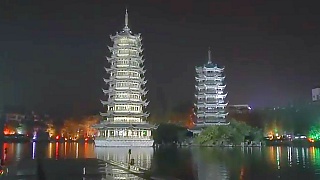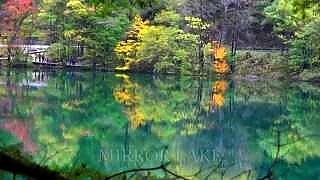Timing and Duration:
Lunar Calendar: Chinese New Year follows the lunar calendar, with the date falling between late January and mid-February each year. The exact date varies because it is based on the lunar phases.
Festival Period: The celebrations typically last for 15 days, beginning on the eve of Chinese New Year and ending with the Lantern Festival on the 15th day of the lunar calendar.
Traditions and Customs:
Family Reunions: Chinese New Year is a time for families to come together and celebrate. Many people travel long distances to reunite with their relatives, leading to the largest annual human migration in the world, known as Chunyun.
Cleaning and Decoration: In the days leading up to Chinese New Year, families clean their homes to sweep away bad luck and make way for good fortune. They also decorate their homes with red lanterns, couplets (duilian), and paper cutouts featuring auspicious symbols.
Chinese New Year's Eve Dinner: The New Year's Eve dinner, known as 'reunion dinner' (??? tu�nni�nf�n), is a lavish feast shared with family members. Traditional dishes include fish (symbolizing prosperity), dumplings (symbolizing wealth), and various other symbolic foods.
Red Envelopes (Hongbao): Red envelopes containing money are given as gifts during Chinese New Year, especially to children and unmarried individuals. The red color symbolizes good luck and wards off evil spirits.
Fireworks and Firecrackers: Fireworks and firecrackers are set off at midnight on New Year's Eve and throughout the festival period to scare away evil spirits and bring good luck.
Lion and Dragon Dances: Colorful lion and dragon dances are performed in streets, parks, and public squares to bring prosperity and good fortune to communities.
Zodiac Animals:
Each Year is Associated with an Animal: Chinese New Year is symbolized by one of the 12 animals in the Chinese zodiac cycle. Each animal is believed to influence the personality traits and destiny of individuals born in that year.
Travel and Celebrations:
Spring Festival Gala: The Spring Festival Gala, broadcasted on Chinese television on New Year's Eve, features a variety of performances, skits, and musical acts. It is one of the most-watched television programs in the world.
Temple Fairs: Traditional temple fairs are held throughout China during Chinese New Year, offering food stalls, performances, games, and cultural activities for visitors to enjoy.
Chinese New Year is a time of joy, reunion, and renewal, filled with rich traditions and customs that have been passed down through generations. It is a celebration of family, community, and the arrival of spring, marking a fresh beginning and the promise of prosperity in the year ahead.
 Spring Festival Chinese Opera party 春节戏曲晚会, 2016
Spring Festival Chinese Opera party 春节戏曲晚会, 2016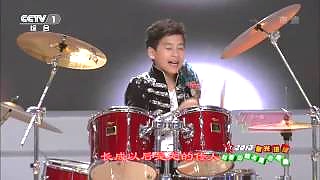

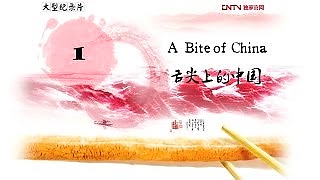
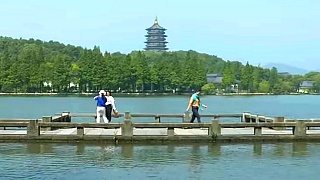
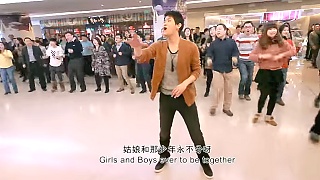

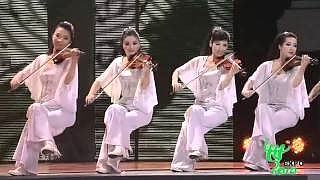
![With Roger Waters. Exceptional talent here. Love music; love peace ? Then you`ll love this. Know every note, or first time listen - let`s go . . . . . Ashes and diamonds; We are all equal, In the end. Mother, will they drop the bomb ? [hint - they did already - two different designs tested on the [`inferior`] women, children and elderly of Hiroshima and Nagasaki; among others]. Mother, should I trust the government - [no ****ing way ! Five Eyes brat pack] Mother / state / control. Only because the masses are (deliberately) distracted by TV, shopping, sex, fashion, alcohol, gambling, and more, can the tiny minority elite enslave us. It`s like a cult; part of it ? Alive, or just a robotic believer ?? A fool is one who doesn`t know what they are doing, or why they are doing it. Don`t be fooled. Bonus film 1 : Bonus film 2 - Us and Them : Or is it really just `WE` ?! Don`t believe anyone. Don`t believe any ism. Don`t even believe in truth. Truth is reality; no belief required. It`s all there to all who can see clearly, without blinkers. Something different - 100 seconds to midnight (the very end; music)](https://img.youtube.com/vi/4vu24954p4k/mqdefault.jpg)










